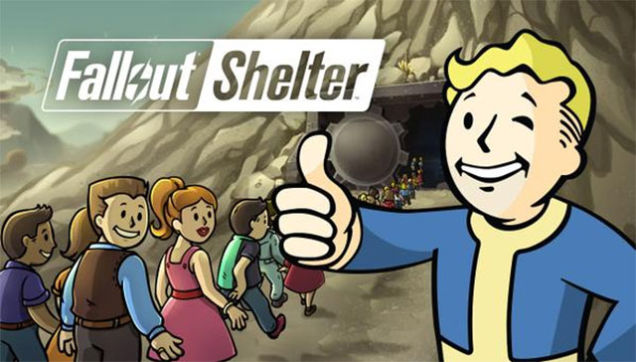Last week I wrote an article about my personal dissatisfaction with Facebook as a means of social networking or as a means of finding out news stories. And, as I’m sure many of you have seen, over the past week #NoDAPL supporters have voraciously used social media (whether spreading articles, “checking in,” or commenting) to raise the public’s awareness of what is happening at Standing Rock. I’ve been reflecting a lot about this, and after reading some impassioned and brilliant posts by friends, I think my position (and the position of many theorists on the issue) is in dire need of some nuance.
Activism (as I said previously) means, to me, working towards positive social and political change (often trying to change a policy or influence governmental/industry action). “Slacktivism,” a term I’ve seen thrown around a lot in the past week, means “actions performed via the Internet in support of a political or social cause but regarded as requiring little time or involvement.” A much used example of this is signing internet petitions. And this is where I call bullshit on the entire idea of slacktivism.
Yes, as I pointed out in my previous post, I hope people work towards activism in multiple venues, online and on the ground. I personally have used “sharing an article” as a way to let myself off the hook for not attending a rally and signing a petition as a way to avoid donating money. But here is the thing, I have time and I have disposable income. My personal level of activism should be more than to inform. Not everyone can do that, not everyone is required to do that, and to say that signing a petition online is somehow less impactful than signing a petition in person is ridiculous.
And yes, sharing a video of something does not equal fixing the problem. Yes, other work besides informing others needs to be done. But awareness is step 1. And so many people are PAINFULLY unaware of things that don’t directly affect them.
Why does there need to be a hierarchy of activism in the first place? Shouldn’t the barometer of the success of activism be the affect it has? Change.org has influenced countless policies and boasts over 100 million users. The ban on gay Boy Scouts was ended after the Boy Scouts of America Council saw the nearly 500k signatures petitioning to end the ban. Beau, a puppy in Tennessee, was sentenced to die after killing a duck. Over 600k people signed that petition, stating that you cannot kill a dog for being a dog. His life was spared. Of course, while it didn’t work out how many of us had hoped, more than 2 million people signed the petition demanding George Zimmerman be tried for the death of Trayvon Martin. Signing these petitions required “little time or involvement,” making them slacktivist, but did they really require “little time or involvement?”
Much of my day is spent reading about, learning about, talking about important activist issues. I would bet many people’s days are filled with hours upon hours of the same. This may culminate in a simple post, a share, a tweet, a signature. It may culminate in donating, sending items, writing emails, making phone calls, or joining an activist group. So far, all these activities are important and have a real effect, are all done via the internet, and seemingly take little “time or involvement.” It took me about 5 minutes to pick out a bunch of items via amazon to send to Standing Rock today. Was that slacktivism? I bet for the people getting the items, they don’t give a shit what we call it behind the scenes as long as someone is helping in whatever way they can. An event might happen and after doing all the research and such I decided to go out, protest, boycott, speak up at a town hall, or other in person activities. But it’s all activism.
I personally am trying to push myself beyond my comfort zones of activism, because I know I can do more to help. I think this blog is incredibly productive in a lot of ways to make the gaming industry better, my teaching does that as well, and I hope every day I work toward that goal (or purpose, I guess you would say). However, the human rights violations happening at the hands of our police, government, and military are atrocious. So come one, come all: activist, slacktivist, or other, step up and help protect those who protect our lands, demand justice for those who have been murdered unjustly, post, tweet, or protest, let’s make this world better. What we don’t need is to shame others for not protesting the way we do, for doing work we may see as ineffectual. What we do need is to support each other and advocate for each other.




